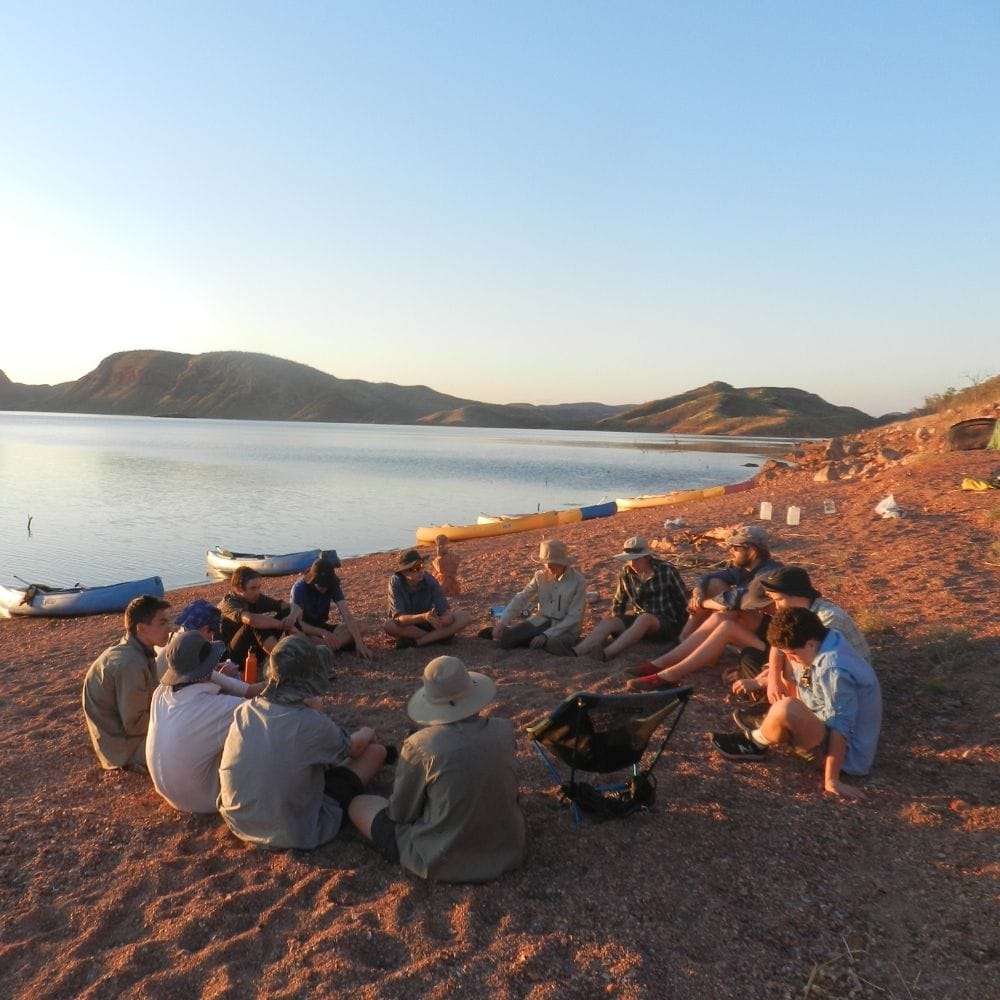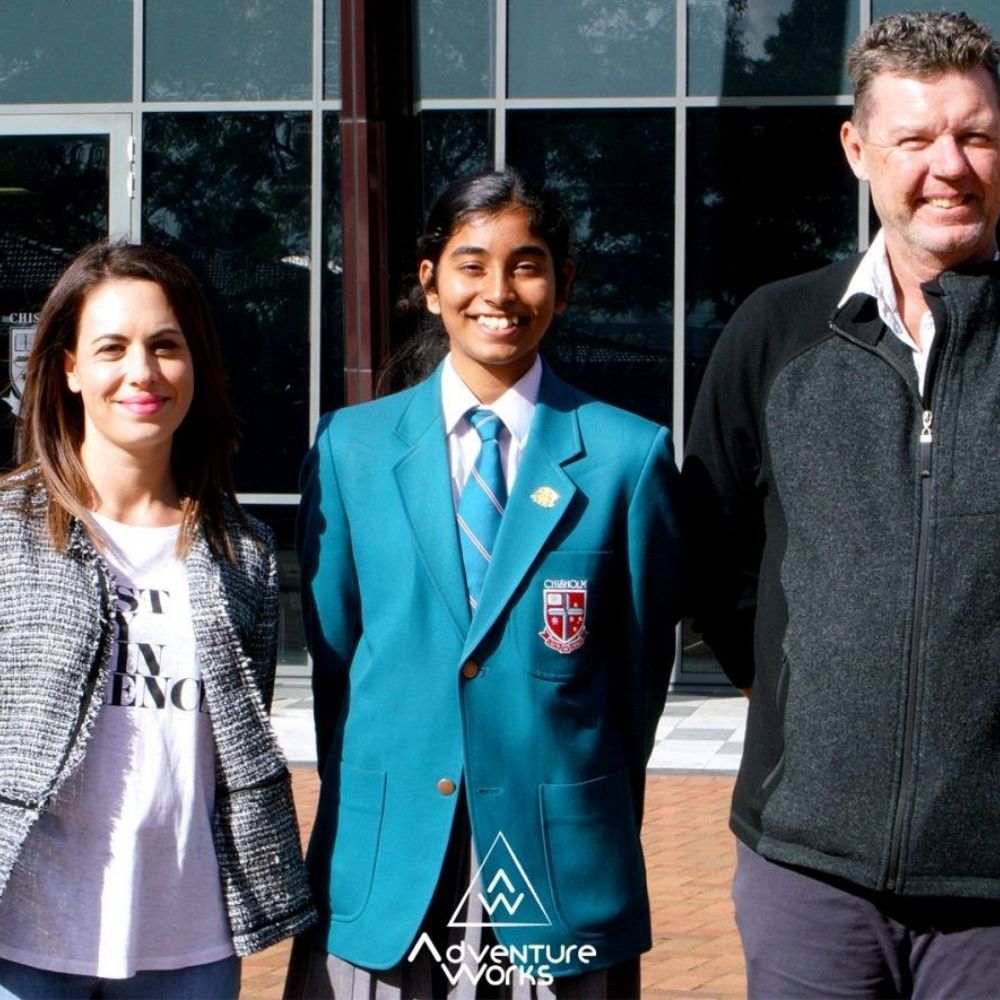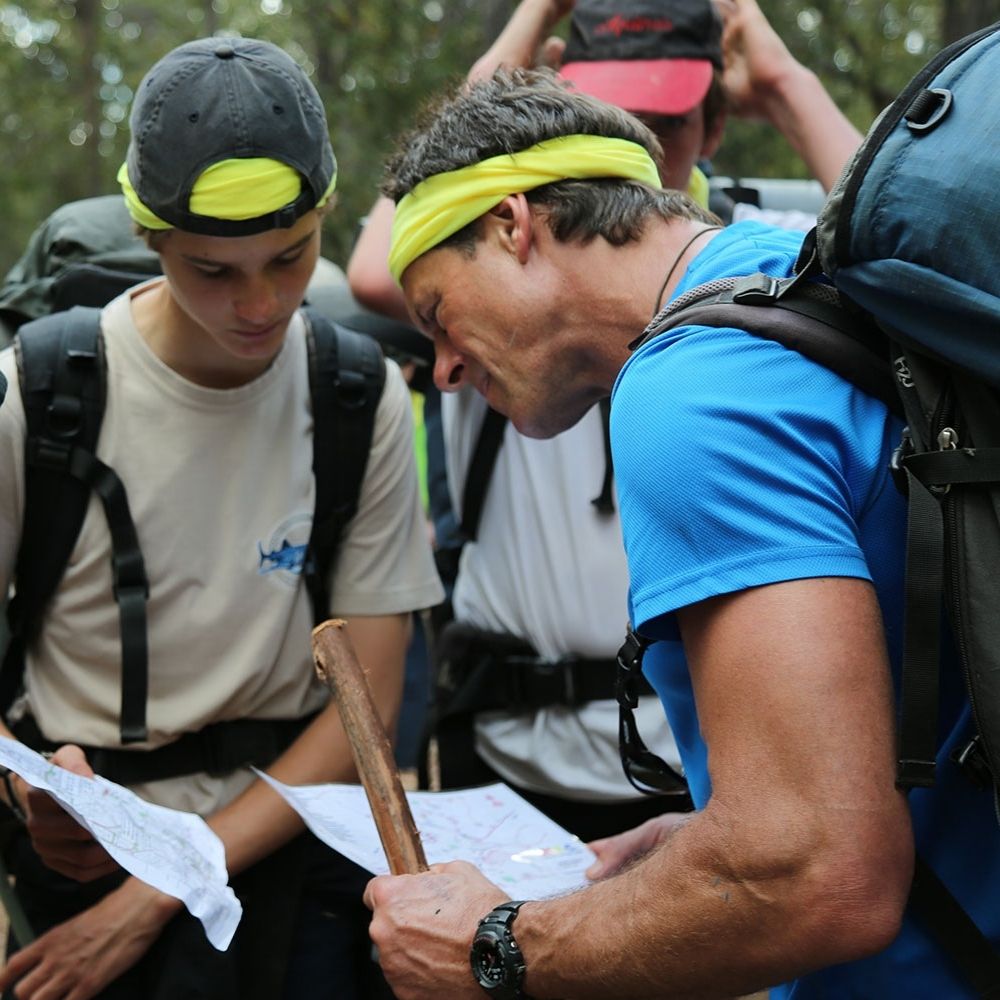How Learning in the Outdoors Helps Young People Connect
As educators and parents, our role in young people’s lives is incredibly powerful and the way we enrich their learning directly impacts the person they become and the way they see their place in the world. We strongly believe in building resilient, mindful, compassionate and respectful young people who are connected to themselves, nature and community.
Learning in the outdoors is extremely beneficial to building those three core connections that help young people become connected in a world full of ongoing distractions and a constant presence of technology.
Let’s go over the many ways that learning in the outdoors helps with connection.
Connection to Self
Connection to self means having the ability to tune into our thoughts, feelings, and actions.
Learning how to be connected and have self-awareness as a young person is extremely vital, as this builds strong self-esteem that is carried through to adulthood. It supports the ability to be comfortable about who you are and what is important to you – rather than having to be someone else in order to fit in.
Feeling like you belong exactly as you are and fitting in with the crowd are two very different things. You are more comfortable standing up for what you believe in and using your voice or taking action when you see things that go against your beliefs.
According to Nature Play SA, 87% of Australian children spend a considerably longer time playing indoors than they do playing outdoors. In addition to this, children also spend an average of 4.5 hours a day on a screen. Our experience of talking to young people would suggest that it is much more than this, approx. 8 hours on average – especially during keys transitional years.
These statistics show why it has become so important to encourage young people to switch off from technology and the normal distractions of daily life to watch, see and learn from what is around them instead.
The outdoors has plenty of unpredictable and unique sights and sounds to offer in this respect!

Removing time and schedules from the equation also helps with getting in touch with ‘self’. Being immersed in nature with no place else to be allows the space for young people to connect to their thoughts and feelings.
In addition to all of this, experiencing discomfort and challenge in the outdoors is an important part of self-development.
Take our camping adventures as an example. Students might experience getting cold and wet when it rains, or find themselves facing fears whilst taking part in adventure activities. We believe being in a place that allows young people to face challenges independently puts them outside of their comfort zone, which builds resilience – great things happen in hard places.
On our outdoor camping adventures, we use meditation, mindfulness, and solo sleepouts to heighten these experiences and bring more awareness to the connection with self.
Connection to Nature
When we speak about young people having a connection to nature, we mean the ability for them to explore and absorb everything nature has to offer in a mindful way.
Not only does this connection invite a range of positive growth factors such as intuition, observation, self-reflection, imagination, harmony and respect – it also primes a certain connection to preserving and caring for nature.
This way of connecting to life and nature in a mindful, respectful way can help create strong values that a young person will embody for the rest of their life.
Today, with young peoples’ lives being heavily influenced by clever social media design cues and algorithms, there’s this desire for instant gratification and something ‘new’ that keeps them scrolling endlessly. Unhealthy digital habits can contribute to feelings of stress, anxiety, restlessness and panic.
The outdoors counteracts this, disconnecting young people from their screens and helping them to find balance, calm and relaxation in nature, as proven by multiple studies, like this one from Brighton and Sussex Medical School (BSMS) which found that just playing ‘natural sounds’ positively affects the bodily systems that control the flight-or-fright and rest-digest autonomic nervous systems.
Connection to Community
Connecting to a community is extremely beneficial for young people to learn how to interact positively with other people, be compassionate and act with kindness. After all, strong people create strong communities.
Not only does connection to community encourage active participation in society, but it also helps develop identity, a sense of belonging, positive communication skills and interpersonal skills that allow long-lasting friendships.
For as long as humans have been on earth, our survival has depended on our communities, hence the popular saying ‘safety in numbers’. Learning in the outdoors emphasises that achieving the best outcome often requires all members of a group to work together.
Our outdoor learning adventures use team-based activities to develop communications skills and collaboration, as well as creating a space for young people to share their thoughts and feelings with each other, without fear of judgement.
If you have any questions or would like more information about learning in the outdoors on one of our Into Adulthood, Leadership or Professional Learning programs, feel free to get in touch.
The Into Adulthood Badge
Chisholm Catholic College present students with their Into Adulthood badge to symbolise the beginning of their journey from child to adult. The school has committed to a whole community approach to guide their young people through this key transition period. Year 9 student Linusha, pictured here, is the very talented designer of the badge. Read on to learn about the symbolism in the badge.
We’re Ready For The Green Light
We are now more ready than ever to get young people back in the outdoors. From chaos we are witnessing examples of the resilience and adaptability of the human race and a recreating of our internal and external worlds. Unexpectedly, the much-maligned use of technology has really come into its own to support us across the world.
Student Leader Training
Delivering student leader training and adventure activities as Bunbury Cathedral Grammar School host the 2018 Round Square School Conference. Bunbury Cathedral Grammar School were the hosts of the 2018 International Students Conference for the Round Square School Group. During the five day event, AdventureWorks ran team-building activities!
Get In Touch
Please leave your contact information and our team will get back to you within 1 business day!



